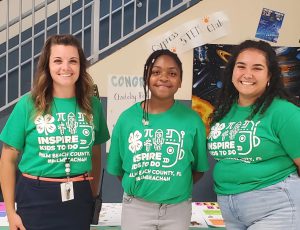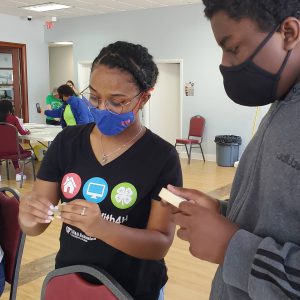Positive youth development is a framework that emphasizes building strengths and assets in young people, rather than just addressing their problems or deficits. PYD-focused education programs incorporate this framework into their curriculum and approach to teaching, creating a more holistic and supportive learning environment for young people. Research has shown that PYD-focused education programs can have numerous benefits for students, both in terms of their academic performance and their overall well-being.

PYD-focused education programs are designed to create a positive and supportive learning environment that helps students develop key social and emotional skills, as well as academic knowledge. These programs prioritize building positive relationships between students and teachers, providing opportunities for students to engage in collaborative learning and decision-making, and promoting student autonomy and empowerment. Examples of PYD-focused education programs include the Search Institute’s Developmental Assets program, the Resilience Framework developed by the American Psychological Association, and the 4-H Youth Development Program.

One of the primary benefits of PYD-focused education programs is improved academic performance. By building positive relationships with their teachers and peers, students are more likely to feel engaged and motivated in their learning. Additionally, programs that emphasize student autonomy and empowerment can help students take ownership of their learning and develop a sense of purpose and direction. Research has shown that students in PYD-focused education programs tend to have higher GPAs and test scores than students in traditional education programs (Pizzolato, Brown & Kanny, 2012).

Another key benefit of PYD-focused education programs is increased social skills and emotional intelligence. These programs provide opportunities for students to work collaboratively, build positive relationships with their peers, and develop empathy and understanding for others. By learning to manage their own emotions and communicate effectively with others, students are better equipped to navigate social situations and build positive, supportive relationships in their personal and professional lives (Taylor, Oberle, Durlack & Weissberg, 2017).

PYD-focused education programs also tend to promote higher levels of motivation and engagement in students. By creating a supportive and empowering learning environment, students feel more invested in their education and are more likely to take an active role in their learning. This can lead to increased attendance, greater participation in class discussions and activities, and a stronger sense of connection to their school and community. PYD-focused education programs also help students develop greater resilience and adaptability. By promoting a growth mindset and emphasizing the development of strengths and assets, rather than just addressing weaknesses, students learn to approach challenges with a positive, solutions-oriented mindset. This can help
 0
0
